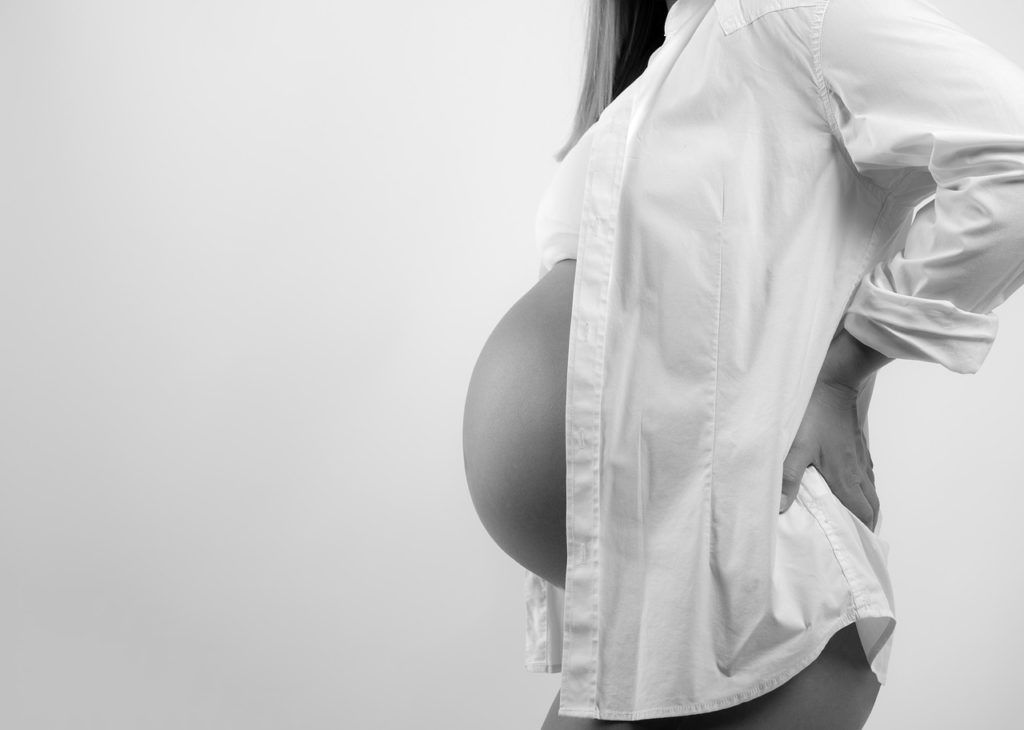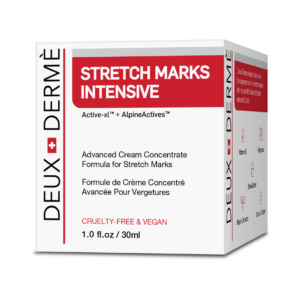Stretch marks are a common concern for expecting mothers, and with good reason: along with weight gain, rapid muscle development, and growth spurts caused by puberty, pregnancy is one of the most common causes of stretch mark scarring. Even women who follow all of the suggestions for preventing stretch marks sometimes get them anyway. If you’re concerned that you’re going to end up with stretch marks, consider these common signs that you may be at risk:
Itching
While stretch marks sometimes appear with no notice or symptoms, some pregnant women report their skin itching prior to stretch marks appearing. If you’ve been experiencing increased itchiness on your baby bump, you may be forming stretch marks. Using a stretch mark prevention lotion can help alleviate itchiness and may reduce your likelihood of developing stretch marks by strengthening your skin and improving its elasticity.
Excess Weight Gain
If you have a healthy BMI before you get pregnant, gaining between 25 and 35 pounds during your pregnancy is considered normal. Gaining more than 35 pounds may increase your risk of developing stretch marks by increasing stress on already-stressed skin. Eating healthy foods in moderation during your pregnancy can reduce your risk of gaining more weight than is necessary, decreasing your likelihood of forming stretch marks.
Family History
Unfortunately, there’s no way to prevent stretch marks if you’re genetically predisposed to developing them, but one possible sign that you have an increased likelihood of developing stretch marks is having a family history of stretch marks. If your mother developed stretch marks while pregnant with you, you may be more likely to develop stretch marks during your pregnancy. Taking steps to prevent stretch marks is much more important if you have a family history of striae.
Lack of Prevention
Doing nothing to prevent stretch marks may increase your likelihood of the skin on your abdomen and breasts tearing and scarring when it stretches to accommodate the life growing inside of you. To reduce the chances of this happening, take steps during your pregnancy to strengthen, protect, and elasticize your skin: use a stretch mark prevention lotion, wear sunblock when spending time outside, and drink plenty of water during your pregnancy.
Treatment
It’s important not to stress too much about stretch marks while pregnant. In the end, there may be nothing you can do to prevent them, and the stress won’t be good for your baby.
If you do end up with stretch marks, many treatment options are available after you give birth that can fade or remove stretch marks. A dermatologist or cosmetic surgeon can perform a variety of treatments like deep chemical peels, laser treatments, or microdermabrasion to reduce the appearance of stretch marks. However, these treatments can be expensive and time-consuming.
Over the counter stretch mark treatment creams can also effectively fade stretch marks and are a less-expensive alternative. Regular and frequent application will increase your likelihood of success with this treatment option.


